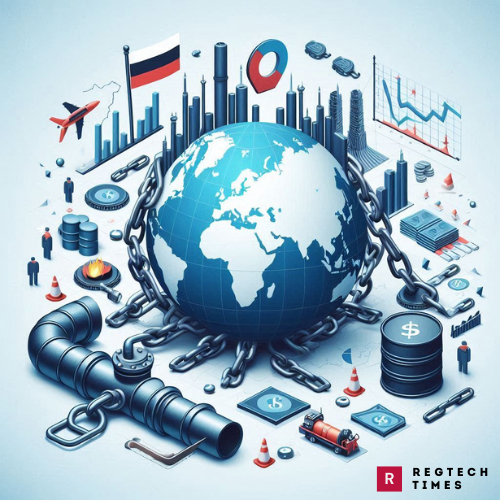As Venezuelan President Nicolas Maduro seeks reelection on July 28, he faces not only the challenge of securing another term but also the monumental task of reviving an economy ravaged by years of mismanagement and international sanctions. The authoritarian leader, who has been in power for 11 years, must convince the world that the upcoming election is legitimate to secure the sanctions relief vital for economic recovery.
Economic Decline Under Maduro
Venezuela, once one of the wealthiest countries in Latin America due to its vast oil reserves, has seen its economy shrink dramatically under Nicolas Maduro’s rule. The country is in default on $150 billion of debt, and its economic output is less than half of what it was when Maduro first took office in 2013. The nation’s lifeblood, oil production, has plummeted from 3 million barrels per day in 1998 to around 900,000 barrels today.
Impact of Sanctions
The Trump administration imposed sweeping financial sanctions on Venezuela, aiming to weaken Nicolas Maduro’s regime. These sanctions have exacerbated the economic decline, accelerating the drop in oil production and cutting the country off from international financial markets. The Biden administration briefly eased some sanctions in 2023 in exchange for promises of fair elections, but reimposed them when the Venezuelan government disqualified Maria Corina Machado, the leading opposition candidate.
Efforts to Stabilize the Economy
Nicolas Maduro’s government has made some efforts to stabilize the economy. He has rolled back subsidies, allowed more economic freedom, and taken steps to curb hyperinflation, which once soared to 130,000%. These measures have led to meager economic growth in recent years, but the country remains in dire straits. Businesses, like the bakery run by Jesus Linares in La Guaira, are seeing more money flow into the economy but still struggle due to low consumer purchasing power.
The Importance of the Upcoming Election
The upcoming election is critical for Nicolas Maduro. Winning the presidency is one thing; gaining international recognition for a fair and transparent election is another. Without this recognition, Venezuela will remain isolated, unable to restructure its debt or attract the foreign investment needed to revive its oil industry and broader economy. Polls showing a 20-point lead for the opposition just days before the vote cast further doubt on any outcome favoring Maduro.
Challenges Ahead
Francisco Monaldi, director of Latin American energy policy at Rice University’s Baker Institute, said, “Nicolas Maduro faces the problem that everything has gone in the wrong direction.” Even if Maduro retains power, without significant investment and new producers, Venezuela’s oil output might only increase to 1 million barrels a day by 2025 before stagnating.
Maduro’s Leverage and Strategy
Nicolas Maduro is not without leverage. He understands the geopolitical landscape, particularly the U.S.’s desire to stabilize energy prices and curb the exodus of Venezuelans fleeing economic hardship. Over 7.7 million people have left the country in recent years, creating a humanitarian crisis that has spilled over into neighboring countries.
Diplomats suggest Nicolas Maduro might try to share power or bring some opposition figures into his government to make the election results more palatable to foreign powers. This could be a strategy to secure much-needed sanctions relief and maintain a semblance of stability.
Possible Outcomes
Others believe Nicolas Maduro might adopt a more defiant stance, drawing a parallel with Iran, which has survived decades of U.S. sanctions. Despite being hit by sanctions since 1979, Iran has managed to recover much of its oil production and maintain its economy by finding new trading partners and adapting to the constraints.
Francisco Rodriguez, an economist at the University of Denver, stated, “In the end, they adapt. They establish new trading partners and discover alternative methods of doing business.”
Nicolas Maduro’s path forward is fraught with uncertainty. The reaction of Venezuelans to the election results, the response from international powers, and the ability to secure sanctions relief will determine whether the country can begin to recover or continue its downward spiral. Nicolas Maduro’s legacy will hinge on his ability to navigate these complex challenges and whether he can translate an election victory into tangible economic progress for a nation in desperate need of change.


